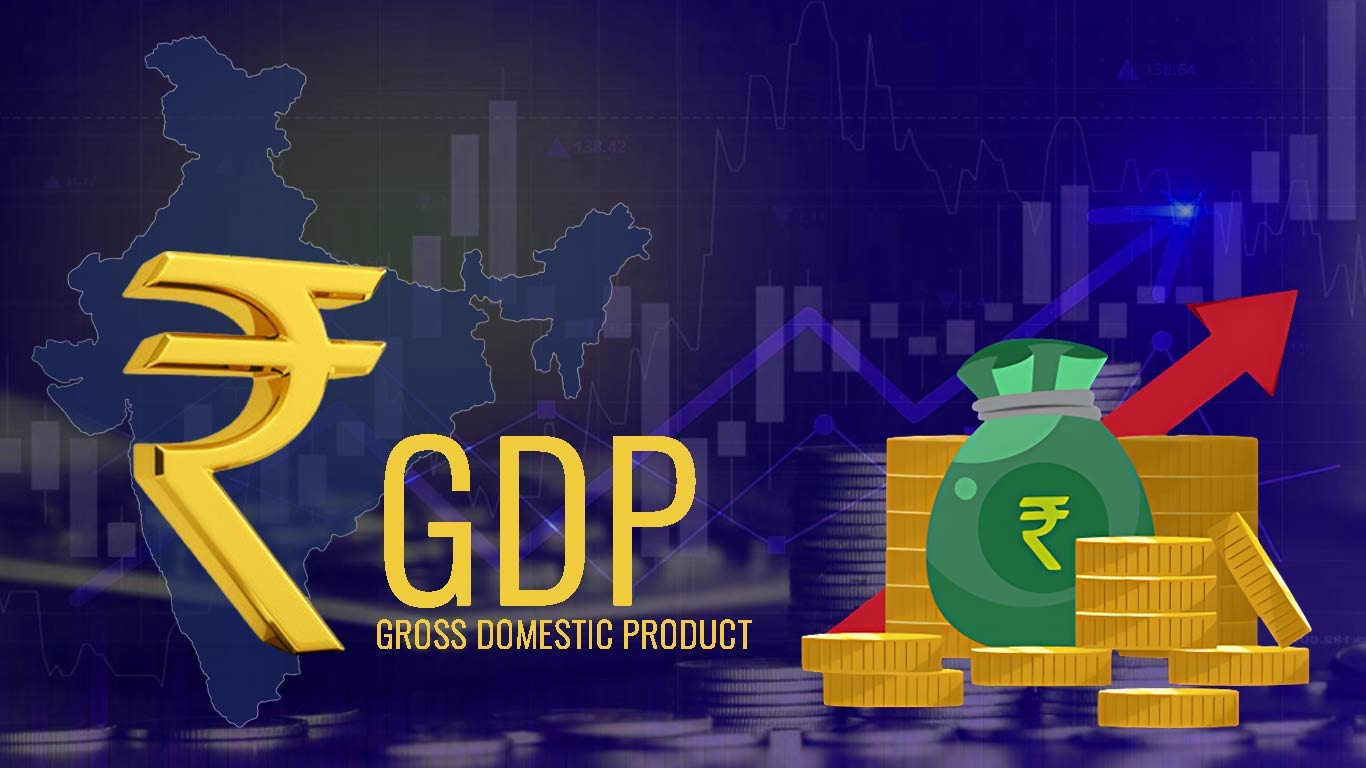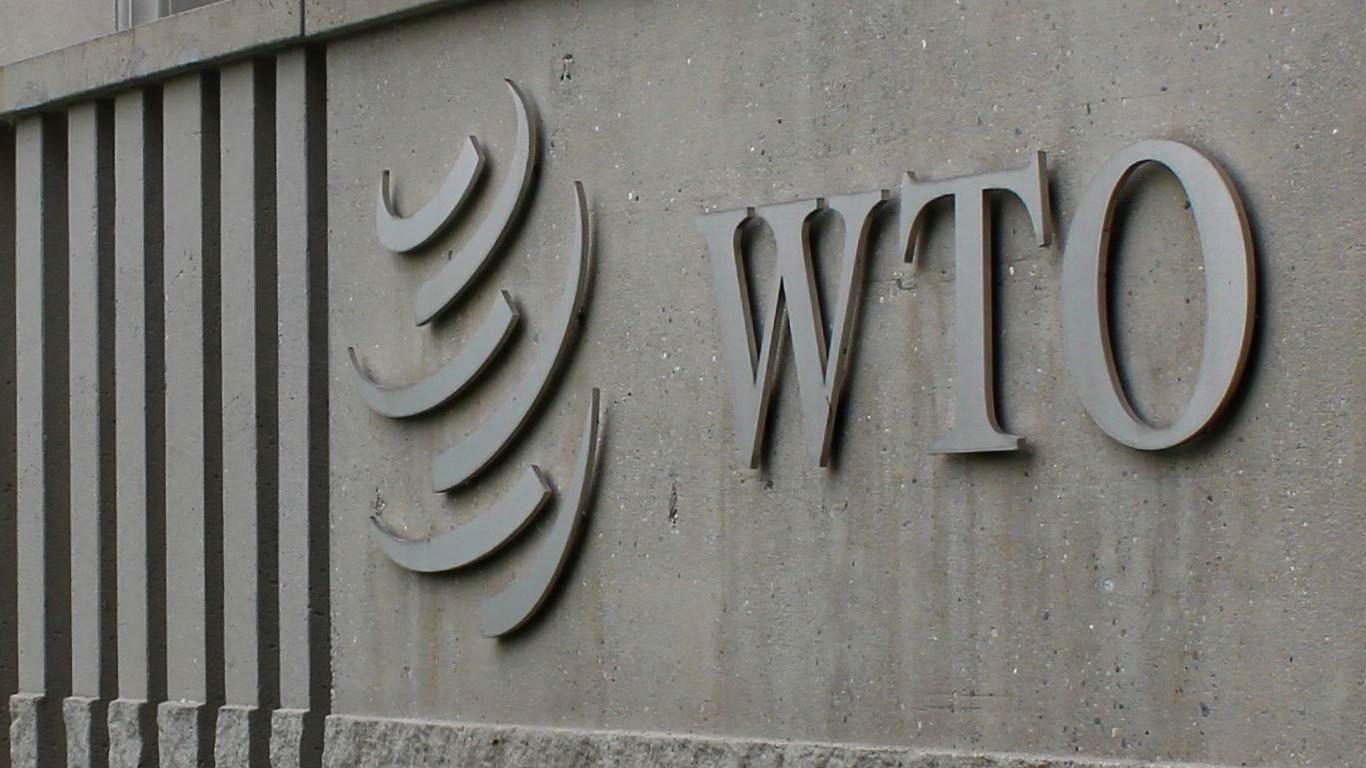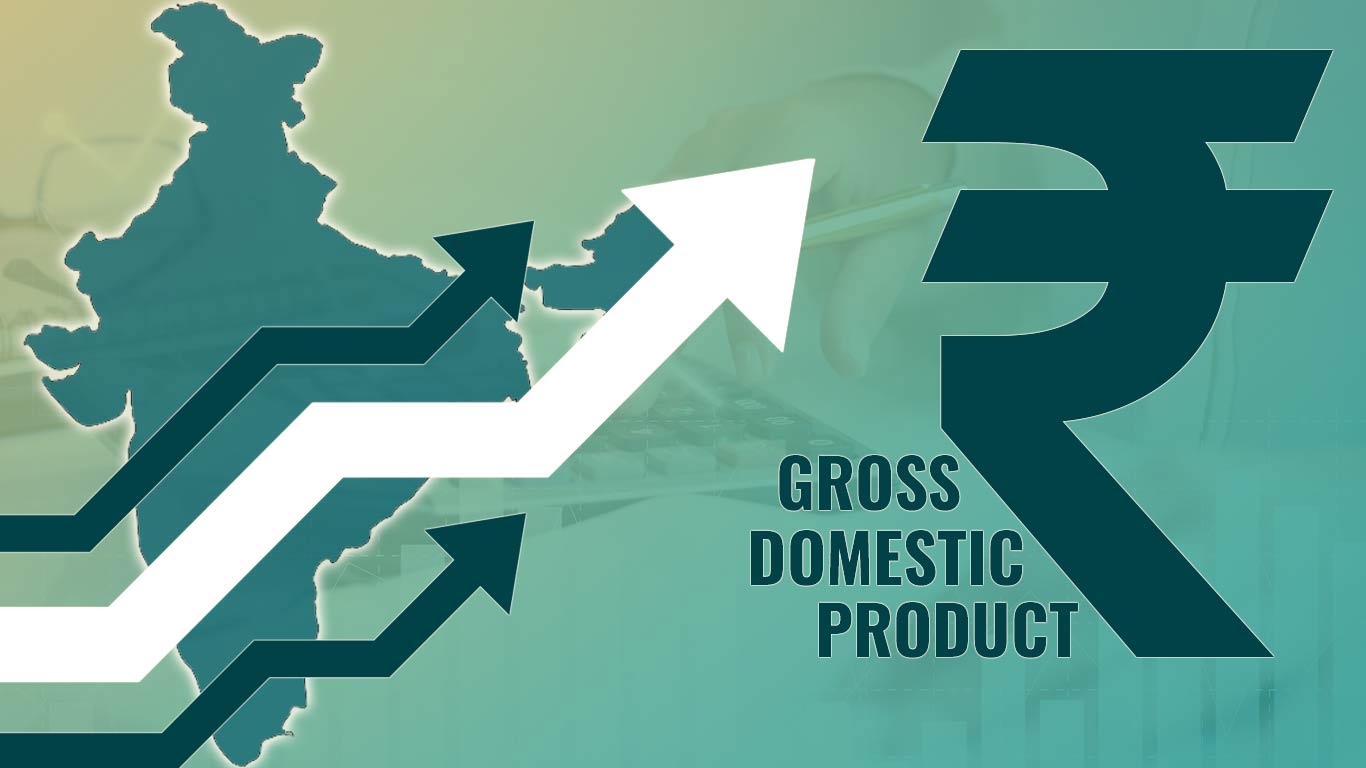Concerns over FTAs' impact on domestic industry
Updated: Nov 07, 2013 04:20:44pm

These issues cropped up at the recent meetings of Prime Minister headed Trade & Economic Relations Committee (TERC).
"Some concerns were expressed on the adverse impact of FTAs on the manufacturing sector as well as the trade balance and that imports from such countries had increased much faster compared to exports subsequent to signing such FTAs which had further worsened India's trade balance," the Commerce Ministry said in a notification quoting the Minister in charge Anand Sharma.
However, Sharma said that India's exports gained from the regional and bilateral free trade pacts.
TERC had a detailed discussion about India's trade engagements, specifically India-EU BTIA, SAFTA, RCEP and Africa on Monday.
Sharma said India has a huge trade surplus of about USD 12 billion with SAFTA.
"With ASEAN, exports have more than doubled after signing of the Indo-ASEAN Trade in Goods Agreement in 2009, though imports have also grown as is natural in any trade agreement," he said according to the commerce department release.
It was further mentioned that a significant part of India’s imports from this region related to essential imports like edible oils from Malaysia and Indonesia and petroleum products and coke from Indonesia.
In case these essential imports of more than USD 16 billion are discounted, India enjoys a trade surplus with ASEAN.
“Even globally if we were to rationalize our imports by deducting imports of essential products like mineral oil, edible oil, coal and some other raw materials the export of manufactured raw materials was doing well. Though there is significant possibility of improving our position, exports have done reasonably well in the last three months and the trend is expected to continue,” Sharma added.
However, he said that with China, there is a huge trade deficit amounting to USD 38 billion which is a matter of concern.
“This is an issue that has been repeatedly taken up with China bilaterally at the highest level and all efforts are being made to promote exports from India like pharmaceuticals and IT services.
“Further, continuous efforts have been made within the constraint of resources provided to the Ministry to boost exports in general as well as specific sectors and markets which need assistance,” Commerce Minister added.
India has signed free trade pact with about 20 countries including Japan, Korea, ASEAN, Sri Lanka and Nepal while it is negotiating market opening pacts with Australia, Canada, New Zealand and the EU.
Sharma highlighted that there was an inbuilt mechanism of review in all FTAs which provided an opportunity for mid-course correction, if required. A comprehensive study has been conducted by the department of commerce to assess the impact of FTAs in the Indian context.
It was outlined that Indian exports to different regions are crucially dependent on competitiveness, which is guided by other factors such as ushering in the second generation reforms on taxation, rolling out of GST, reform in labour laws, upgradation of infrastructure relating to power, ports and roads, the release said.
High transaction costs and cumbersome procedure on the border at times hamper the ease of doing business in India which need to be addressed to retain India's competitiveness, Sharma pointed out at the meeting. (KNN/SD)











